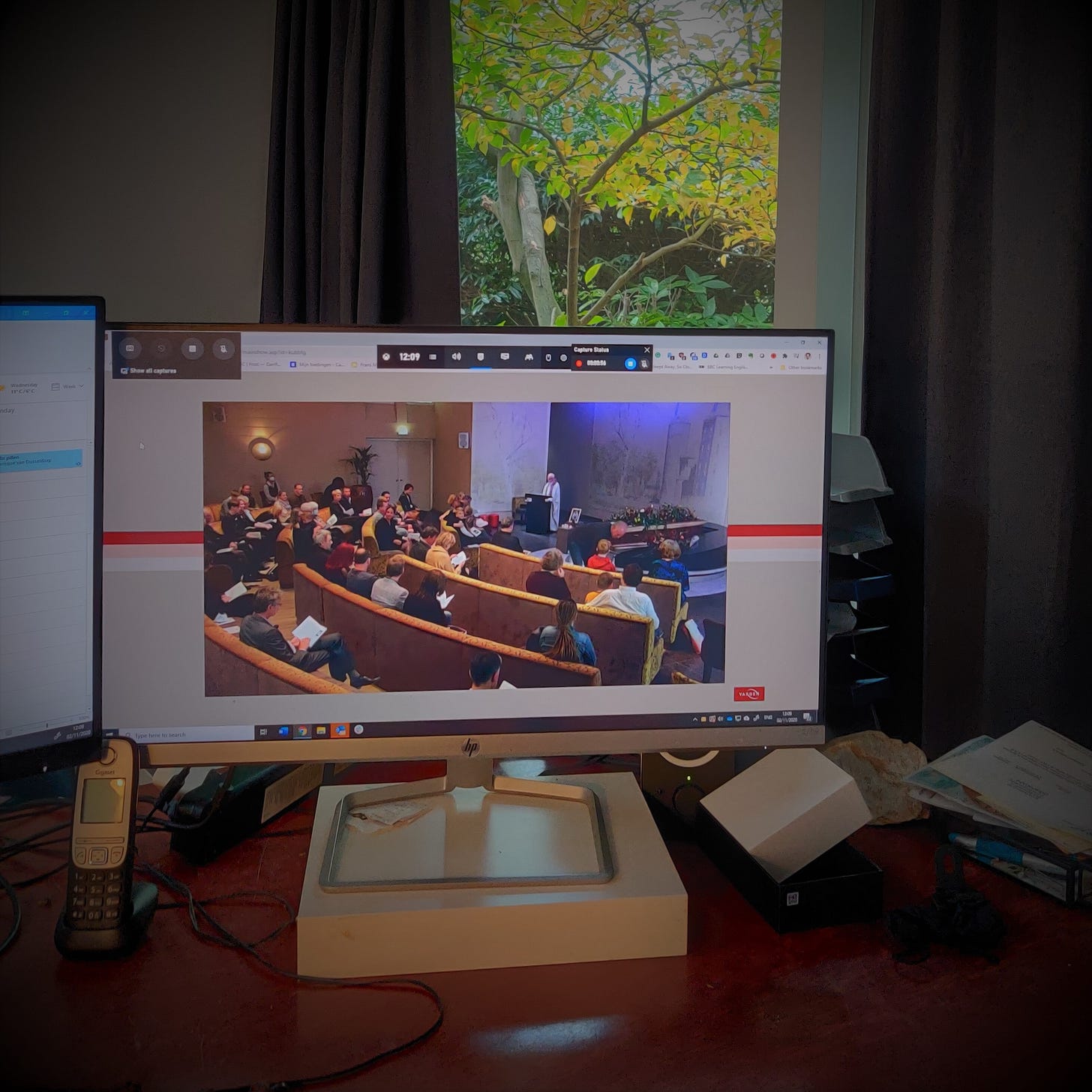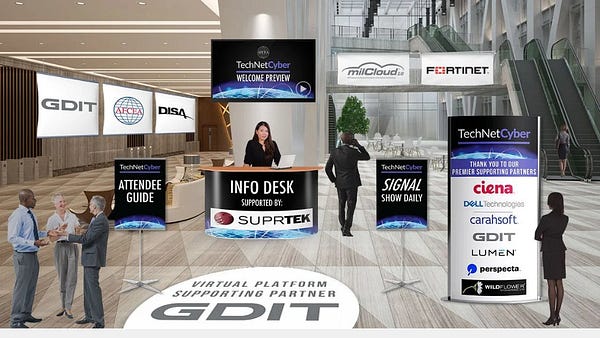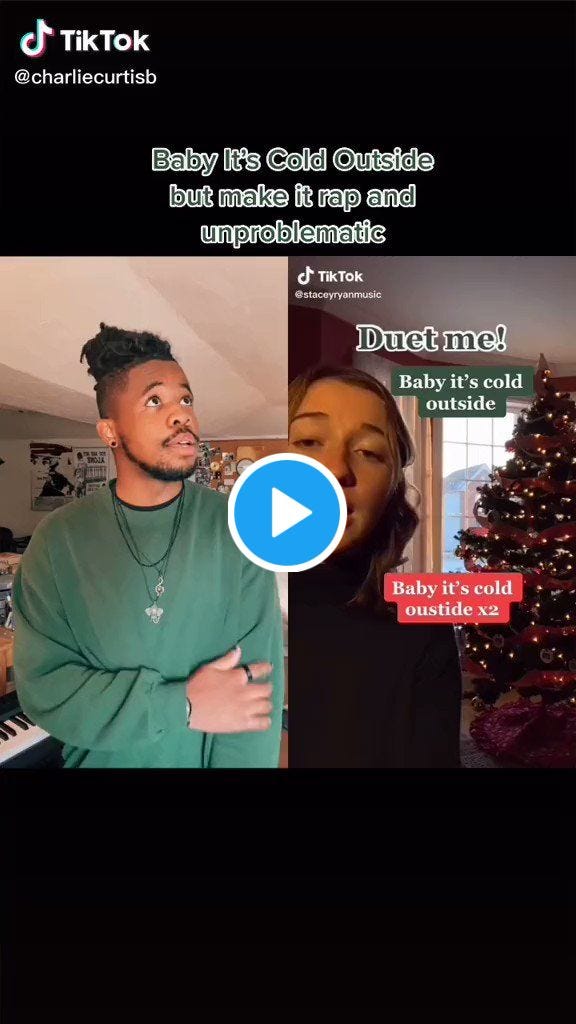Van Dusseldorp's Future of Events (2)
Online events are hard - the Tiller effect - examples and ideas.
dear 211 subscribers-of-mine with a 61% open rate!
While most of the world has by now closed their laptops - here we are, you and me. Still online. And yes, I am truly delighted you are here and would love to hear from you.
Today I received a few great tips. I am going to add a whole section to this newsletter with links to your activities. So do send me your press releases, your recommendations, your preferred topics, or any other feedback.
I was also delighted to hear that my newsletter got as far as Australia and Oman, to name two countries. Even after 30 years online, it feels completely and utterly magical to hit the ‘‘send’’ button and then, just imagine, have your very own thoughts turn up in someone else’s brain, oceans away).
So if you have time, mail me!
And… if you know of anyone who should also read this newsletter, do tell them!
Kind regards!
Monique van Dusseldorp
Online events are hard
This is what we know. This is what our first pandemic has taught us. We are at home. We stare at screens. We are part of an endless series of online ‘‘events’’. Sigh.
From Zoom meetings with the team to webinars with professionals, from online conferences to university lectures, from theatre shows to music festivals, from funerals to parent-teacher meetings or the end-of-year office party - everything is now taking place online.
And all these video streams share the screen with emails, notifications from our social networks, apps from colleagues, and lots more. We sit behind those screens in our homes, with all of the other distractions the home offers. It gets hard to focus on anything in particular. We go for a walk.


At the same time, we are all involved in the re-invention of what online events are and can be. And everyone is an online event organizer now. Consumer brands, research communities, your local music stage or theatre, educators, shops, musicians, funeral homes, publishers.. anyone.
Bundling and unbundling
Events are bundles. A conference is a bundle that brings together speakers, delegates, sponsors, and - in some cases - exhibitors. For each of these groups, there is a value exchange. Time, money, attention. New connections, a break from the daily grind, visibility for a product or idea, etc.
Bundling and unbundling are driving forces in the digital age. And as industry analyst Benedict Evans put it in his analysis Solving online events:
A physical event is a bundle of different kinds of interaction, but it’s also a bundle of people at a certain place at a certain date - as soon as you take these things online, that bundle has no meaning.’
This pandemic year is an accelerant for trends that were already visible before. My Next colleague Martin Recke also wrote an analysis of the unbundling of events: How the big event unbundling changes everything.
As he points out, different functions of in-person events had already been taken over by online services before COVID hit:
The show part of the bundle started to go digital in the noughties, when livestreaming became feasible and YouTube was born. Today, a plethora of conference talks, presentations or panels is available on demand and for free, making the hassle and cost of travel increasingly hard to justify. […]
Networking was unbundling roughly at the same time, with the advent of tools like LinkedIn and Twitter. Ironically, this led to even more physical events, since people wanted to meet their digital acquaintances in person (and vice versa, add physical acquaintances to their digital networks).
Event unbundling leads to digital reaggregation and back in a cycle.
The last 10 months have been a huge creative experiment to find out what the new bundles are and could be.
How to get online events wrong: the Tiller effect
If you have a strong brand, a committed community, and a format people love, most event organizers will try to emulate this as much as possible online.
As a result, virtual conferences and meetings are suffering from what designer and author Ben Sauer calls ‘The Tiller Effect’.


As Ben continues
We have a habit of doing this. Over and over again, as a new medium or technology emerges, we struggle to think beyond our existing metaphors. […]
Video-based meetings/events are going through the same thing right now. They’ve existed for a while, but mostly as a poor substitute for the real thing. […]
So when someone says… “The best bit of conferences is socialising” - we automatically start thinking about how to reproduce things like coffee breaks remotely. That’s entirely natural, but we may need to think differently.
The serendipidous social element of an in-person event *might* be reproducible, but it won’t happen in the same way (if at all), because the new technology has different constraints, possibilities, and social norms.

What does not work
Let’s have a look at some online event habits that are old metaphors.
Online 3D spaces that try to mimic a venue, forcing the audience to click arrows to find the virtual door behind which their session is taking place. If you have the online ease of a point and click menu, why the cumbersome interface? Going from ‘’room to room’’, from talk to talk, is easier than ever before!
Live video streams with a camera at a distance, seeing people on stage as if you are watching the scene from the last row. What works much better, of course, is having your speakers in extreme closeup, seeing their faces and expressions like never before.
An event platform that plays a video of a real person who briefly welcomes you to the event - as if they are giving you a badge. Online participants don’t ‘‘arrive’’ somewhere to stay around all day - they move in and out of the event all the time. With the same video repeated endlessly, the cute welcome moment becomes an annoying barrier to entry.
Video streams that look like television can work really well - as we are used to television. But maybe for future online gatherings, the video should be vertical, not horizontal, providing a better view of the speaker and their movements? TikTok has a point.
Session formats that follow the standard session formats: speaker keynote followed by moderated Q&A with host, panel, break, opening, and closing words - the way you would build up a program when you are all in a venue. But now we are all online - what new formats could work in this setting? I am thinking of online excursions, ask me anything sessions, studio visits, seeing someone in their workspace, and more.
A schedule that works if you are all joined in a venue, but not when you are working from home with a million other things going on. Allow for people coming and going.
Also missing the chance to run events in new available times (e.g. in the evening, and on weekends). Transforming events into weekly or even daily shows, to become a fixture in the life of your audience. Where in their life do you want to be
The event is taking place on a specific date, but people sign up before that time. Most event organizers invite the delegates over to sign in right before the event starts - as you would in real life: be on time, but not three weeks early. Online, however: why not give them access to the platform right away? To connect, put together a profile, find out who else has signed up.. Get the conversation started.
What examples of old event metaphors in a new world have you seen? And what examples of the truly new do you see on the horizon? Let us know!
Keep reading
Martin Recke: How the big event unbundling changes everything
Benedict Evans: Solving online events
Ben Sauer: The Tiller Effect in 13 tweets
As co-host of the What’s Next Show I was delighted to have both Benedict and Ben as our guests earlier this year. Feel free to check the Ben Sauer interview in the Next Show (starts at 9:45) or the Benedict Evans presentation (starts at 2:20). Both also contributed to The Great ReDesign publication we put together this year.
Lovely share of the day
(and also an interesting new format that turned up on TikTok: Duet me! What about ‘‘Debate me’’!)
Comments, suggestions, ideas - let me know!
Mail me at monique@vandusseldorp.com
and as always…








